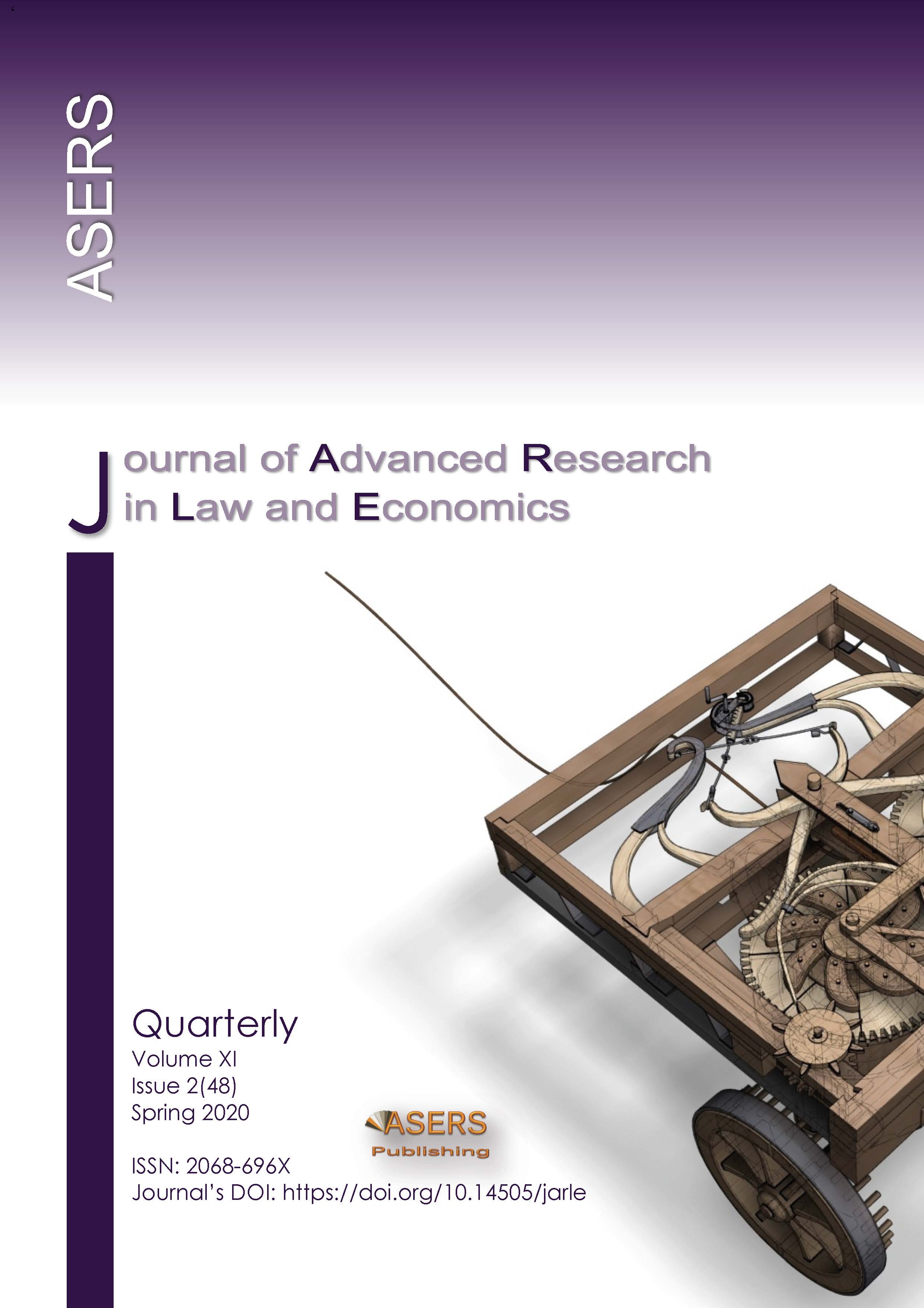Genome Editing of Human Embryo: Allow or Prohibit?
Genome Editing of Human Embryo: Allow or Prohibit?
Author(s): Alexandr A. MOKHOV, Аleksander Nikolaevich Levushkin, Aleksandr Nikolaevich YAVORSKYSubject(s): Law, Constitution, Jurisprudence, Civil Law
Published by: ASERS Publishing
Keywords: genes; genome; embryo; fetus; subject of law; genetic technologies; human embryo genome editing; prohibitions; restrictions; legal regimes; biological safety;
Summary/Abstract: Nowadays, the direction of both law-enforcement activity and dynamically developing statutory regulation is to involve genes and genetic constructions into civil-law transactions. However, the evaluation of such processes is complex within the scope of doctrine and law-enforcement. The article aims to uncover the issues of statutory regulation within genome editing activity of human embryo in Russia. The critical analysis underlines the proposals to prohibit the genome editing of human embryo due to its low efficacy, complexity of it actual maintenance via the existing legal remedy and mechanisms. There is a presentation of legal course developments within the genome editing of human embryo together with existing risks consideration for such kind of activity.
Journal: Journal of Advanced Research in Law and Economics (JARLE)
- Issue Year: XI/2020
- Issue No: 48
- Page Range: 483-490
- Page Count: 8
- Language: English
- Content File-PDF

